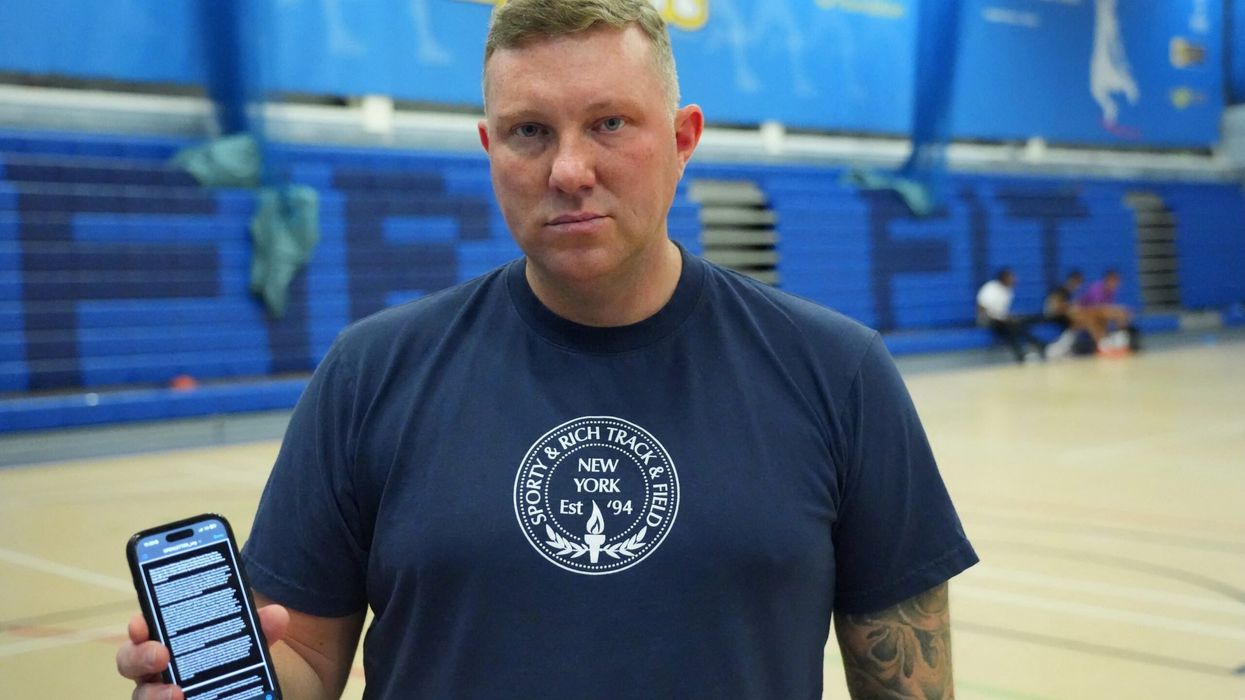SHOCKED by violence on the streets of Liverpool as racist riots spread across the country this week, community leaders in the once close-knit city say people need to talk with rioters and disaffected residents, not just punish or shun them.
In a letter addressed to the city's council and politicians, heads of sports and arts collectives called for a local "Truth and Reconciliation Commission" to re-open lines of communication they argue were severed by social media and the Covid pandemic.
The original such commission, set up to deal with apartheid-era crimes in South Africa, included amnesty for those who fully disclosed their role in human rights abuses and recommended reparations payments.
Riots in the Liverpool region followed the killing of three girls on July 29 during an attack at a dance event for children in Southport, 15 miles (24 km) to the north of the city.
False information circulated on social media that the suspect was an Islamist migrant, which led to violent protests in Southport and across England over following days targeting Muslims and ethnic minorities more broadly.
Emile Coleman, who runs the Toxteth EL8TE basketball centre for local young people of varying backgrounds, authored the letter after hearing parents express their concern for the safety of their children.
The project "strives to be a positive force" for Toxteth, a deprived area of Liverpool, but Coleman now hires taxis to collect attendees, as parents worry that the streets have become unsafe for children from ethnic minorities.
Police say swift enforcement, including hundreds of arrests, helped quell the riots but are on alert for more trouble.
"My instinct, personally, would be to deal with (rioters) in a very direct manner - but I know that we have to form a way of having dialogue and engagement," said Coleman.
"We want to sit and engage with everyone, because if you remove that voice you are going to have more issues and more violence."
The young athletes who attend Toxteth EL8TE said they were stunned by the anger directed towards people of colour.
"I never knew something like this could ever happen. And I never knew how people could be so racist. So it's quite shocking," said 15-year-old basketball player Binah Kamber.
Coleman cited a change in Liverpool's fabric after the pandemic, when lockdowns confined people to their homes and some residents found comfort in online conspiracy theories, driving them to acts they would not have otherwise committed.
"The sadness is that they have been misled, manipulated, indoctrinated and radicalised by the far right," Coleman said.
(Reuters)





